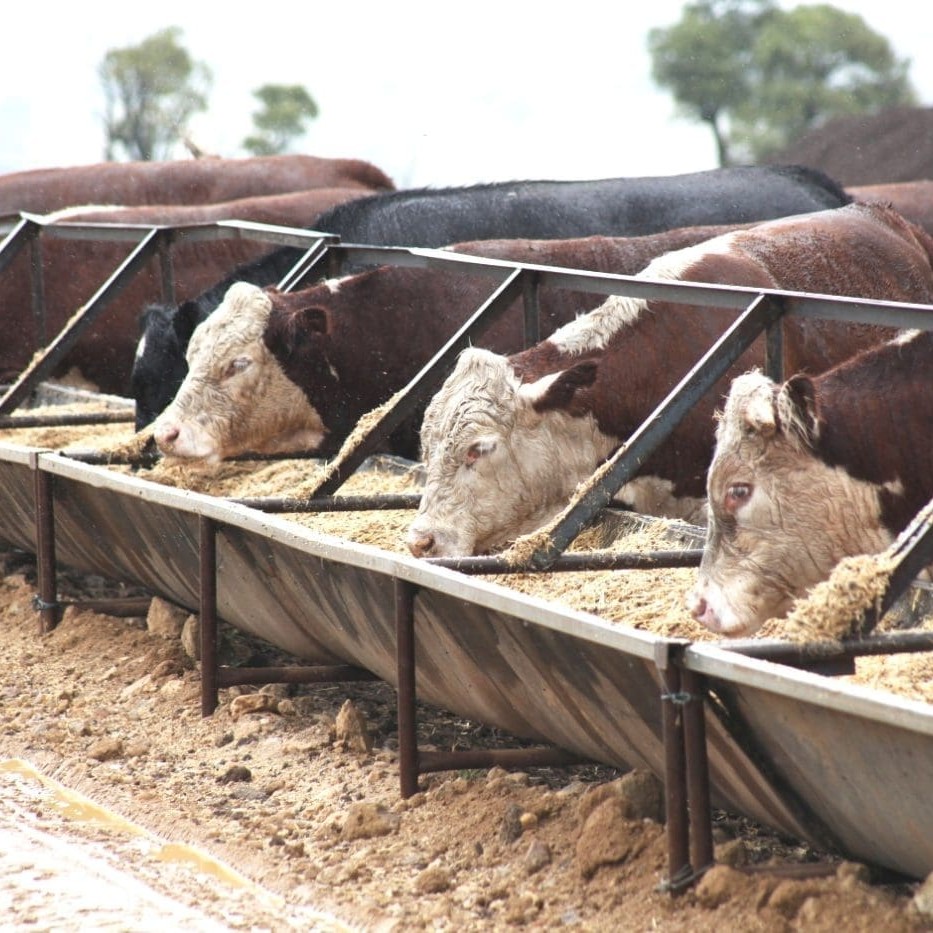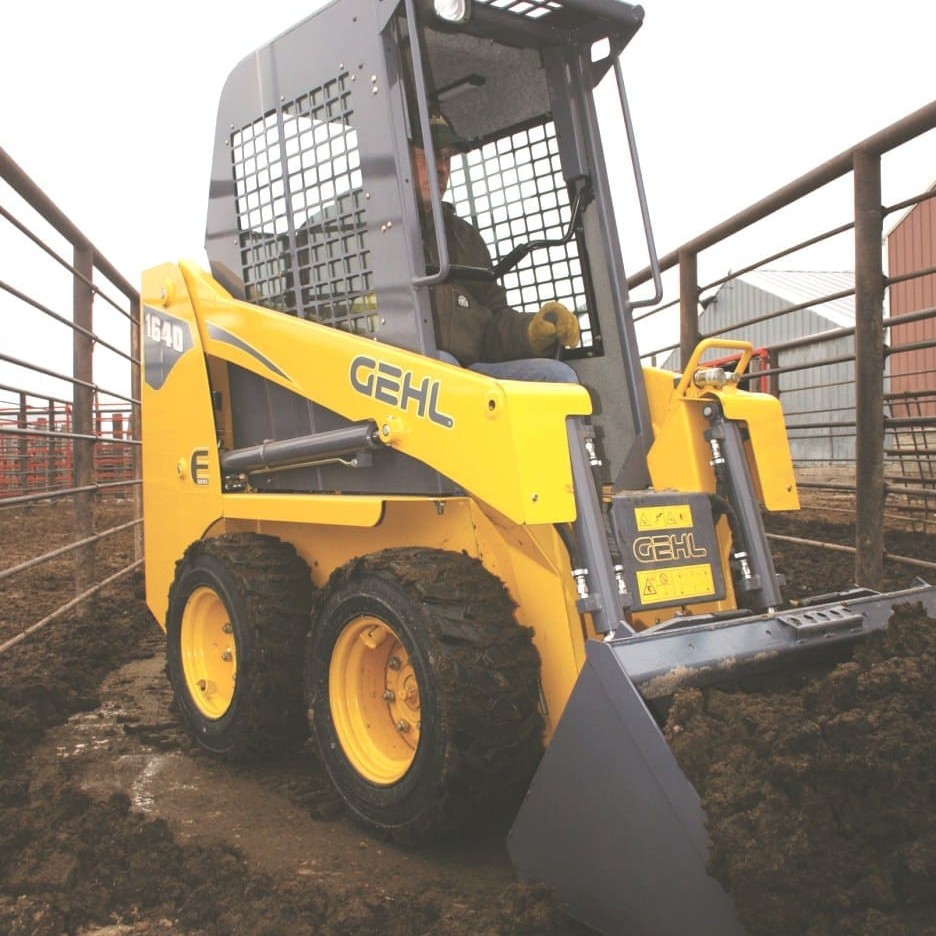 The Federal Government this week announced a research and development funding commitment worth $30 million towards projects looking at how farm practices can be adapted to reduce carbon emissions and earn primary producers a second income stream by generating and selling carbon credits.
The Federal Government this week announced a research and development funding commitment worth $30 million towards projects looking at how farm practices can be adapted to reduce carbon emissions and earn primary producers a second income stream by generating and selling carbon credits.
Agriculture minister Joe Ludwig said the 31 projects approved under the Government’s $201 million Filling the Research Gap program, would undertake laboratory and field-based work to provide options that can be used by farmers and graziers in their real world situations to reduce emissions and adapt to a changing climate.
Mr Ludwig pointed to a report released by the Climate Commission this week that reinforced the need to act on climate change. It found that climate change is already increasing the intensity and frequency of extreme weather events which poses significant risks to agriculture and the environment.
He said the Filling the Research Gap Program aimed to provide data to assist in developing methodologies that help farmers and landholders participate in the Carbon Farming Initiative to reduce emissions, improve their farm sustainability and diversify their farm income.
“These projects will build our knowledge about how farmers, graziers and landholders can play their part in reducing carbon emissions and act to fight climate change and the risks it poses for agriculture.”
Research organisations receiving funding support in the round announced this week include research and development corporations, universities and private industry.
“By supporting and investing in these research projects we are helping to develop new technology and land management practices and reinforce Australia’s reputation as a world leader in sustainable farming,” a press release issued by Mr Ludwig’s office said.
A sample of some of the projects most relevant to the beef cattle industry includes:
National Livestock methane program
Genetic technologies to reduce methane emissions from Australian beef cattle – NSW Department of Primary Industries, Graham Denney (funding of $3 million ex GST): The project aims to deliver genetic technologies for breeding cattle with a low methane trait. It will provide new knowledge on genetic variation in methane production and genetic associations with other production traits and will record methane production by animals from the major Australian breeds. It will also cost methane emissions into the breeding values and profit indices used to describe the genetic merit of cattle in the national genetic evaluation system Breedplan.
Development of algae based functional foods for reducing enteric methane emissions from cattle -CSIRO – Nigel Tomkins ($500,000): Focusses on proof of concept for the development of algae-based functional foods for reducing enteric methane emissions from cattle. It will evaluate a range of algae for antimethanogenic activity and identify lines of algae which may be trialled in future research.
Coordination of the National Livestock Methane Program – MLA, Tom Davidson ($1.35m): Coordinating and managing the National Livestock Methane Program. The program will assist livestock producers to reduce methane emissions by conducting research under a nationally-agreed collaborative program including nutrition, rumen processes, genetics, modelling focussed on abatement and increased farm productivity that will underpin methodology development for the Carbon Farming Initiative.
Measuring methane in the rumen under different production systems as a predictor of methane emissions – CSIRO, Chris McSweeney ($353,000): The project progresses the development of an intra-ruminal capsule developed under the Reducing Emissions from Livestock Research Program to measure rumen methane concentrations, validating the use of a capsule to determine methane yield by the animal under a range of feeding systems. Measurement of methane yield and concentration will allow emissions intensity, total emissions and efficiency of rumen fermentation and will provide important data for modelling and emerging policies under the Carbon Farming Initiative.
Practical and sustainable considerations for the mitigation of methane emissions in the northern Australian beef herd using nitrate supplements – Ridley AgriProducts, Louise Edwards ($200,000): The project will determine if nitrate salts in supplement blocks can safely replace urea when feeding low-quality forages and if the nitrate blocks will effectively reduce methane emissions of cattle consuming forages typical of northern Australia. Research will occur in methane chambers, individual pens and in the paddock, where supplement blocks are self-fed. In both studies cattle will consume low quality tropical forages, typical of those used in conjunction with urea supplement blocks.
Impacts of leucaena plantations on GHG emissions and carbon sequestration in northern Australian cattle production systems – CSIRO, Chris McSweeney ($750,000): This project will build on previous work by CSIRO that demonstrates that leucaena supplementation to cattle may result in decreased methane emissions. The project will investigate the potential to reduce GHGs through leucaena cattle-feeding systems in comparison with native pastures by evaluating yearly livestock productivity, herd methane emissions and the sequestration of carbon in the soil. The project will also assess the microbial changes in the rumen that reduce methane to inform research that aims to manipulate the rumen through improved digestive efficiency.
Comparative analyses of rumen microbes to mitigate ruminant methane and improve feed utilisation – CSIRO, Mark Morrison ($509,000): This project aims to increase the understanding of the greater rumen microbial populations in livestock using the datasets produced in Australia and abroad. The project will generate the knowledge required to develop low methane animals, either by animal selection and/or by increasing the metabolic capacity of the microbial community.
National Agricultural Manure Management program:
 Mitigating the greenhouse gas potential of Australian soils amended with livestock manure – University of WA, Sasha Jenkins ($656,000): The project will evaluate the effectiveness of different mitigation strategies at reducing GHGs following the application of feedlot, piggery or poultry manure to land by measuring carbon dioxide, nitrous oxide and methane fluxes from soils following amendment using laboratory and field studies.
Mitigating the greenhouse gas potential of Australian soils amended with livestock manure – University of WA, Sasha Jenkins ($656,000): The project will evaluate the effectiveness of different mitigation strategies at reducing GHGs following the application of feedlot, piggery or poultry manure to land by measuring carbon dioxide, nitrous oxide and methane fluxes from soils following amendment using laboratory and field studies.
Advancing livestock waste as low emission-high efficiency fertilisers— Qld Department of Agriculture, Matt Redding ($996,000): The project will develop know-how for reducing GHGs from intensive livestock production, increasing emission offsets through innovative managements for land-applied manures from intensive livestock production and fertiliser formulations.
- The full list of successful grant recipients from the Filling the Research Gap Program can be found here: www.daff.gov.au/ftrg
